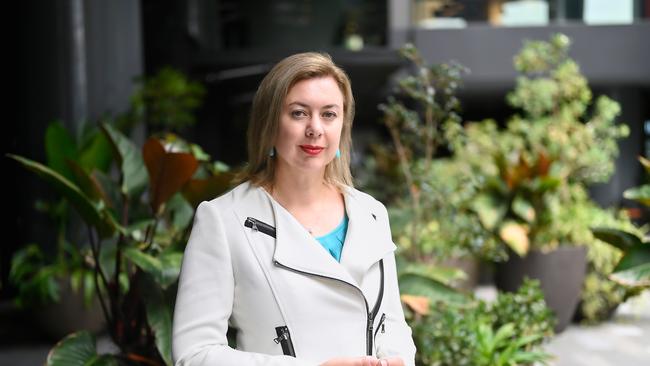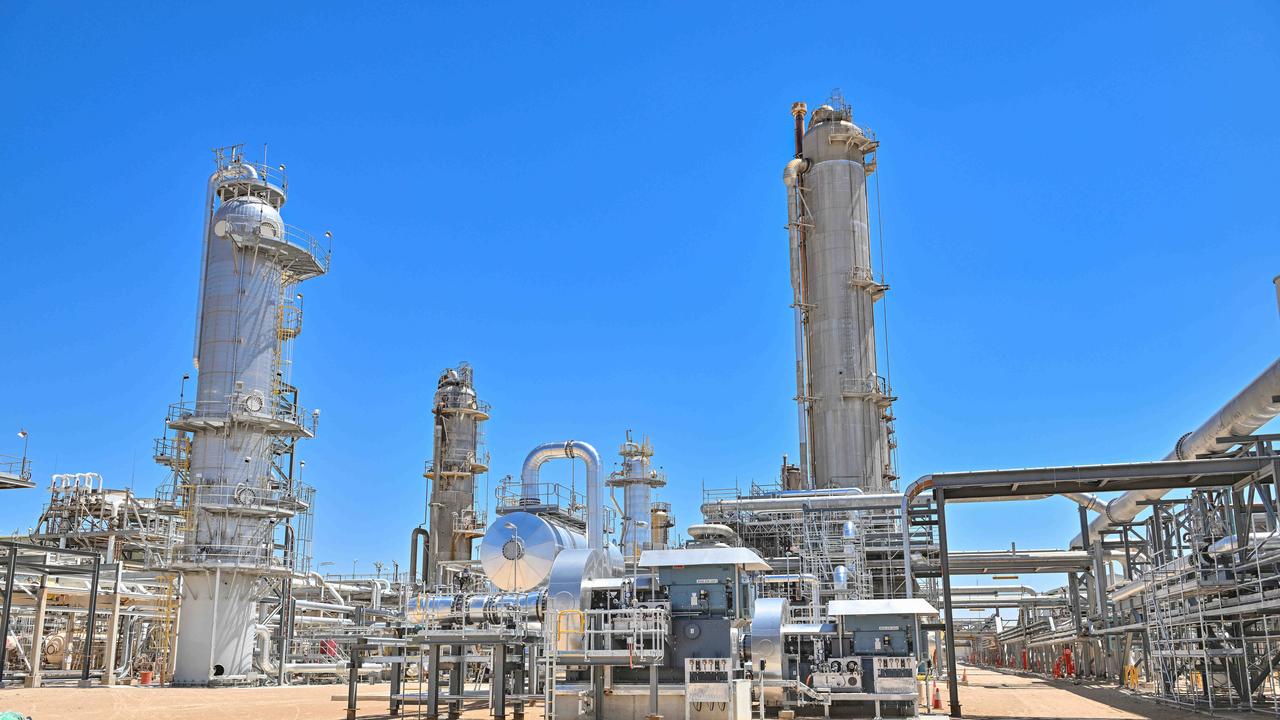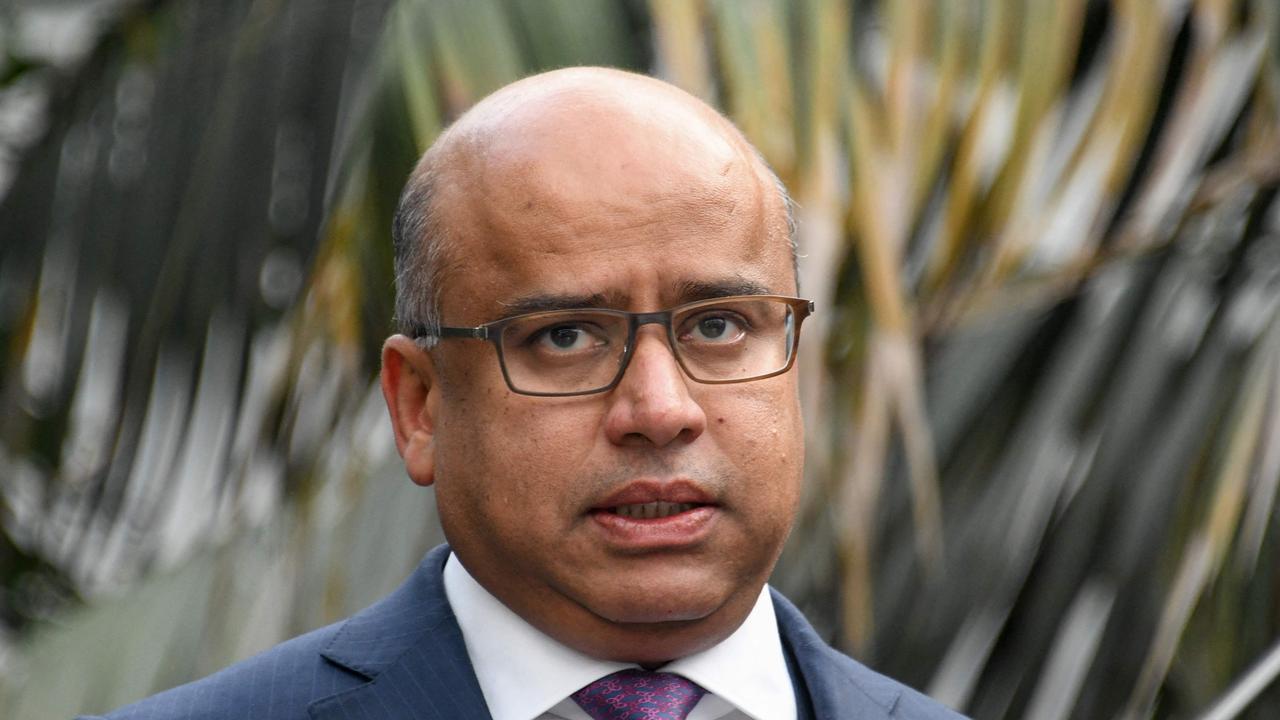Financial planners urge Labor to fund $10m to lift dwindling adviser numbers
Financial advisers have urged the government to chip in $10m at the federal budget to bolster dwindling hiring rates and reduce the cost of advice.

Business
Don't miss out on the headlines from Business. Followed categories will be added to My News.
The Financial Advice Association Australia has proposed a $10m support package to double the number of new financial advisers joining the struggling sector and simultaneously reduce the cost of advice.
The industry body in its pre-budget submission to the federal government has recommended six measures that it says will remove the barriers that make it difficult for Australians to access professional financial advice which has soared to $5500 on average.
To address the demand for financial advisers and ensure the sustainability of the advice profession, the FAAA wants the Albanese government to make a payment of $10,000 to each financial advice practice that appoints a professional year candidate at a cap of 1000 places, while funding also funding the $1500 it costs to sit the financial adviser exam.
FAAA chief executive Sarah Abood told The Australian that at a cost of $10m, it was a reasonable amount that would attract new advisers and allow more Australians to access help.
“We’re hoping that it looks like an affordable way that the government could help the advice profession grow and allow it to achieve its goal of making advice more affordable for Australians,” she said.
The PY is a mandatory requirement for fresh entrants, offering practical training and mentorship, but the cost is often a barrier in these positions being offered, which has seen new advisers dwindle to 500 a year.
Since the start of 2019, the number of financial advisers has declined from over 28,000 to around 15,500. This period has also seen the exit of the big banks and other larger institutions from financial advice, removing what had been the training ground for new entrants, with many deflecting to accounting where it is easier to get a job and be hired.
“The void has been left to small business operators who are not as well-placed to take on a trainee given the huge upfront costs,” Ms Abood said.
At the same time, consumer demand for financial advice has risen significantly, with an estimated 800 Australians to retire per day over the next decade.
“We know 500 people join the industry each year and there are other students who could qualify for a year but haven’t because it is easier to become an accountant or work with a consulting firm. We hope that a direct, fast incentive will help to bolster the ranks,” Ms Abood said.

In addition, the FAAA has also recommended financial advice be fully tax-deductible, given its benefit to consumers and the high costs associated with providing it. The FAAA was also concerned about the ongoing high cost of the ASIC levy, describing it as a “moral hazard” where compliant small businesses bear the cost of enforcement actions against a small number of non-compliant entities.
Ms Abood said that the ASIC and the government should also not profit from risk-free enforcement actions, adding that proceeds from successful enforcement should offset costs before compliant businesses are charged.
“Government makes a substantial profit from ASIC, which is inappropriate for the corporate regulator to be a revenue generator instead of using money to improve sectors that fund it,” she said.
The FAAA has reiterated the need to reform the Compensation Scheme of Last Resort to a fair and more sustainable model.
The operator of the CSLR on Friday set an estimated $77.9m levy for the industry this coming fiscal year, exceeding the $20m levy that ASIC can impose.
Ms Abood said that the $20m cap should be paid by the government or more equitably spread across the broader financial services sector, otherwise more planners will leave the industry.
“A levy this big will drive up the cost of professional advice, but over time it would force people out of the profession or firms cut back on advisers to stay afloat,” she said.
“It will also reduce access to advice, which is crazy as the government has said that what it wants to achieve is making great financial advice more affordable for Australians.”
As part of the proposed reforms, the FAAA recommends the establishment of a government-funded “Friend of AFCA” and “friend of CSLR” roles, which would represent the advice community in cases where the advice firm has become insolvent. This impartial advocate would ensure fair representation of the advice sector, particularly in cases where there is no one left to speak on behalf of the advice given.
Originally published as Financial planners urge Labor to fund $10m to lift dwindling adviser numbers



